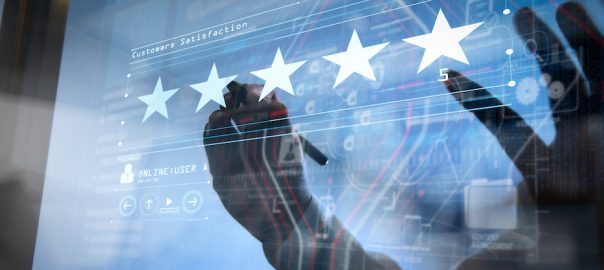This summary is provided by the IPR Organizational Communication Research Center Dr. Shan Xu and colleagues examined the adoption attitudes of artificial intelligence (AI) in the workplace over time. They studied the adoption process through the lens of the diffusion of innovations theory, which explains how different types of people and groups adopt technologies over … Continue reading Diffusion of Innovations Theory: Analyzing Employee Attitudes Toward Adoption of AI




